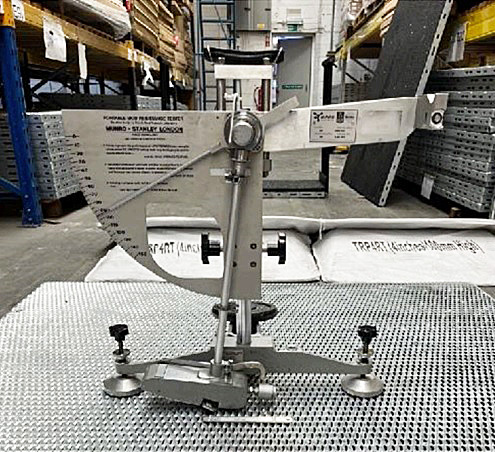Having a slip test conducted is essential for several reasons:
Safety Compliance: Ensuring your floor surfaces meet safety standards and regulations is crucial for protecting individuals from slip and fall accidents. Conducting slip tests helps demonstrate compliance with relevant safety guidelines and regulations, reducing liability risk.
Risk Assessment: Slip tests provide valuable insights into the slip resistance of your floor surfaces under different conditions, such as wet and dry environments. You can take proactive measures to mitigate risks and prevent accidents by identifying areas with high slip potential.
Duty of Care: As a business owner, property manager, or employer, you have a legal duty of care to provide a safe environment for employees, customers, visitors, and residents. Conducting slip tests demonstrates that you are taking proactive steps to fulfil this duty and prioritise safety.
Accident Prevention: Slip and fall accidents can result in injuries, lawsuits, and reputational damage. By identifying and addressing slip hazards through regular slip tests, you can significantly reduce the likelihood of accidents and create a safer environment for everyone.
Insurance Requirements: Some insurance policies may require evidence of regular safety assessments, including slip tests, to maintain coverage. Conducting slip tests ensures that you meet insurance requirements and avoid potential coverage disputes in the event of an accident.
Overall, conducting slip tests is a proactive approach to safety management. It helps minimise risks, protect individuals, and maintain compliance with regulations and standards.
.jpg)

